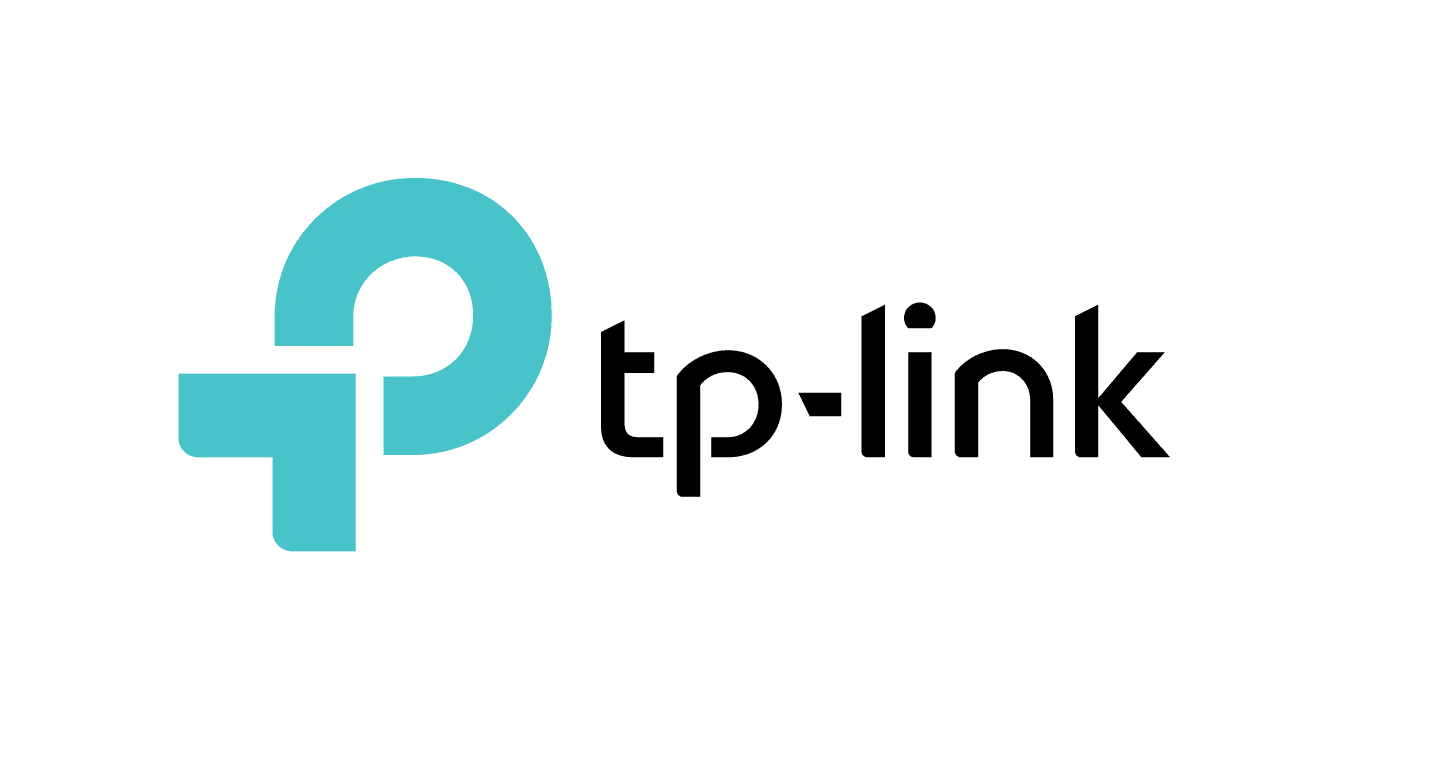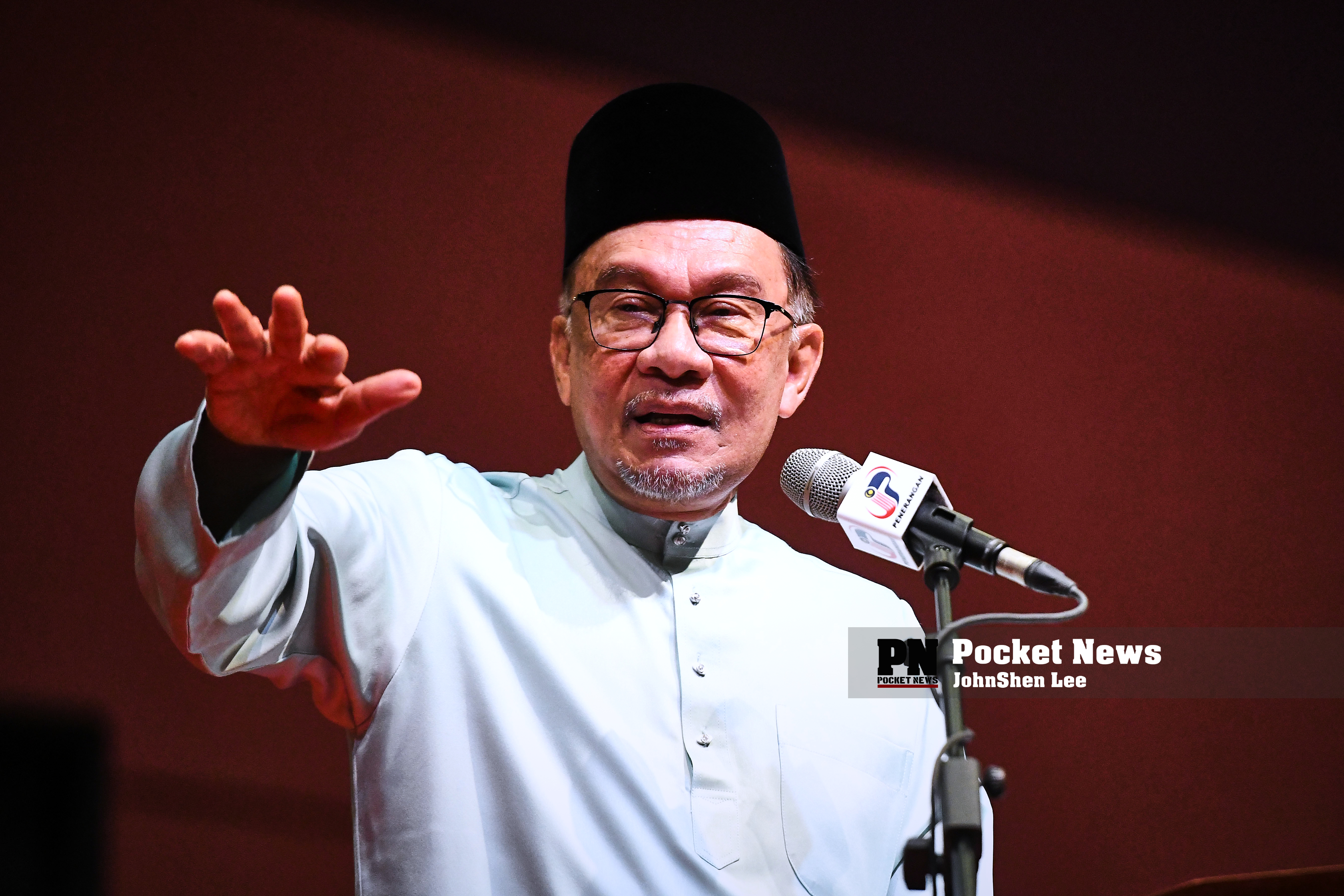
KUALA LUMPUR, Dec 30 – Amid the ongoing spate of bad news overshadowing the usual end-of-year revelries, a sliver of light looks likely to shine on the new year come tomorrow evening. By 8pm, the government will announce just how much fuel prices will drop under the managed market price formula – with many expecting the most widely used RON95 petrol to be below RM1.80 per litre.
Diesel too is expected to be in the same range of less than RM1.80 per litre while RON97 petrol could be set at RM2. This calculation is expected to factor in the fact that the global benchmark Brent crude oil price has fallen by about US$20 (RM70) over the past one month to average around US$60 per barrel.
And since the calculation takes the average sometime during the third week of each month, it is unlikely to factor in the fact that Brent price has fallen to around US$57 today – but that could lead to more good news come Feb 1 next year with a further fall in fuel prices.
The global oil price had dropped to about half its value since June and projections on the fuel prices next year have seen some saying the fall could continue to maybe even as low as US$40 per barrel since key Middle Eastern oil producers say they have no plans to cut output.
United Arab Emirates Energy Minister Suhail al-Mazrouei has said: “We will not interfere with market fundamentals and do something that is a short fix.” He added that they would need six months to assess the market and even if nothing happens they will not change our position.
But there could also be some bad news on the horizon. Even though the government has previously said the Goods and Services Tax (GST) won’t apply to fuel, chances are this stance will change as there is no more subsidy on fuel since Dec 1. Hence, April could see fuel prices going back up again from April 1 – unless global crude price downtrend continues and offsets the 6% GST.
In the meantime, Deputy Finance Minister Datuk Ahmad Maslan had expressed hope traders would also reduce prices of daily essentials, which he said have not come down since retail prices for petrol were cut by several sen a litre early this month. He said the government has identified 10 companies who between them control 80% of the market for essential goods in the country.
“I hope the Domestic Trade, Consumerism and Cooperatives Ministry will hold discussions with the 10 companies rather than resort to taking disciplinary action against them under the Price Control and Anti-Profiteering Act 2011. “The problem is, while fuel prices have been reduced, manufacturers and traders still maintain their old prices or raise their prices, even as they are able to offer lower prices with their business costs having come down.”




















